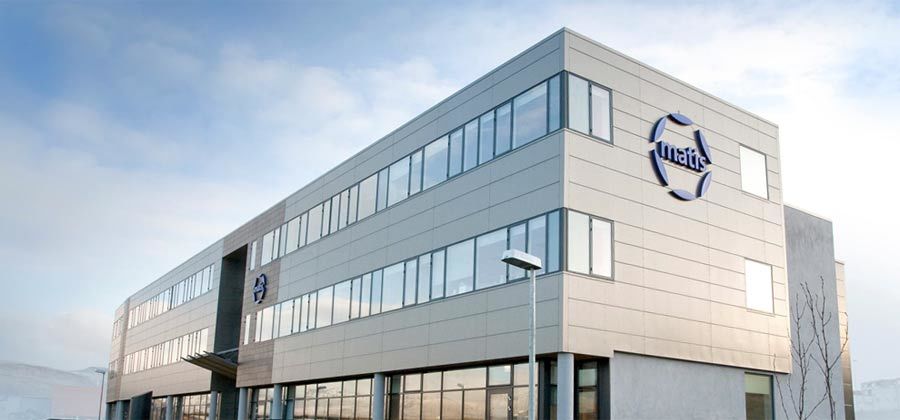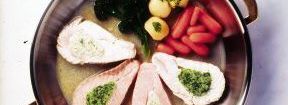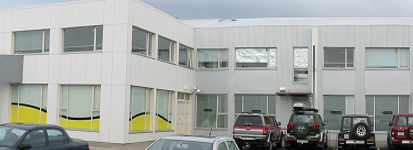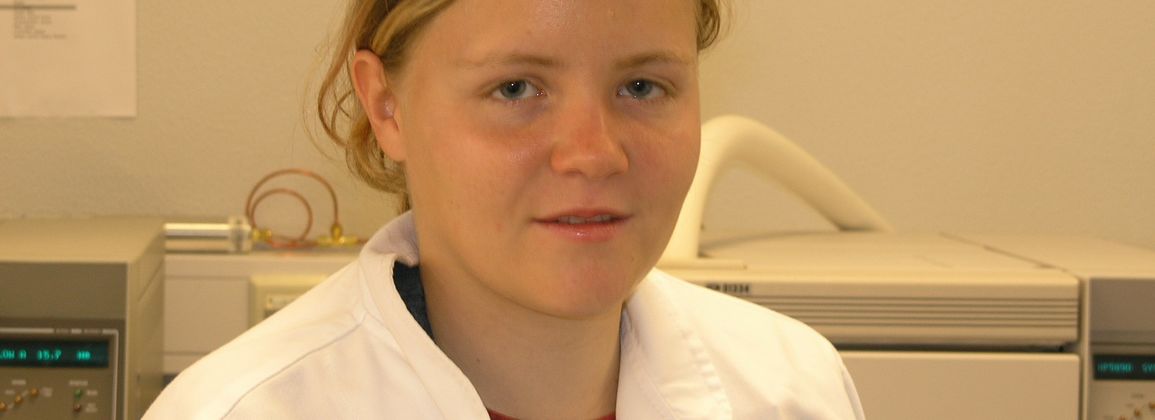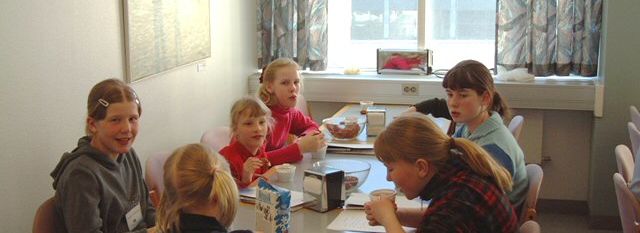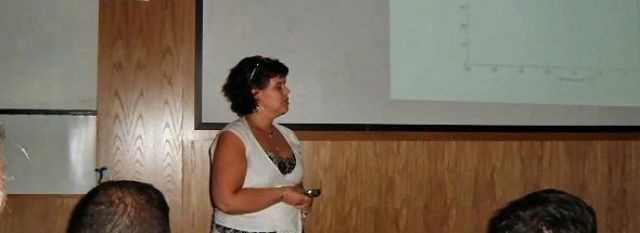New tools at IFL create opportunities for research in new areas
Rf hefur fest kaup á tækjabúnaði sem vonast er til að geti opnað fyrir möguleika á nýjum rannsóknarverkefnum, bæði innlendum […]
New tools at IFL create opportunities for research in new areas Nánar »

